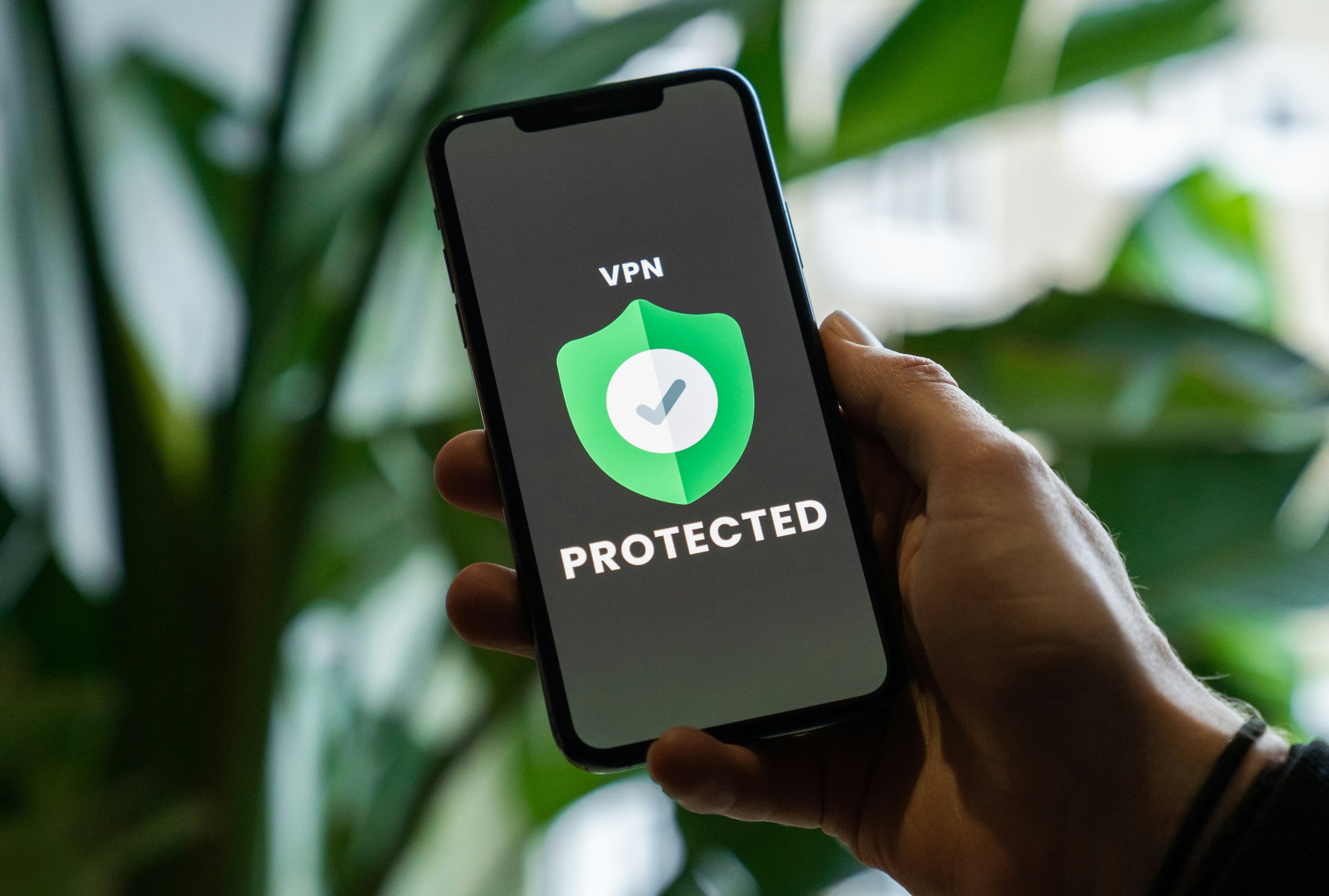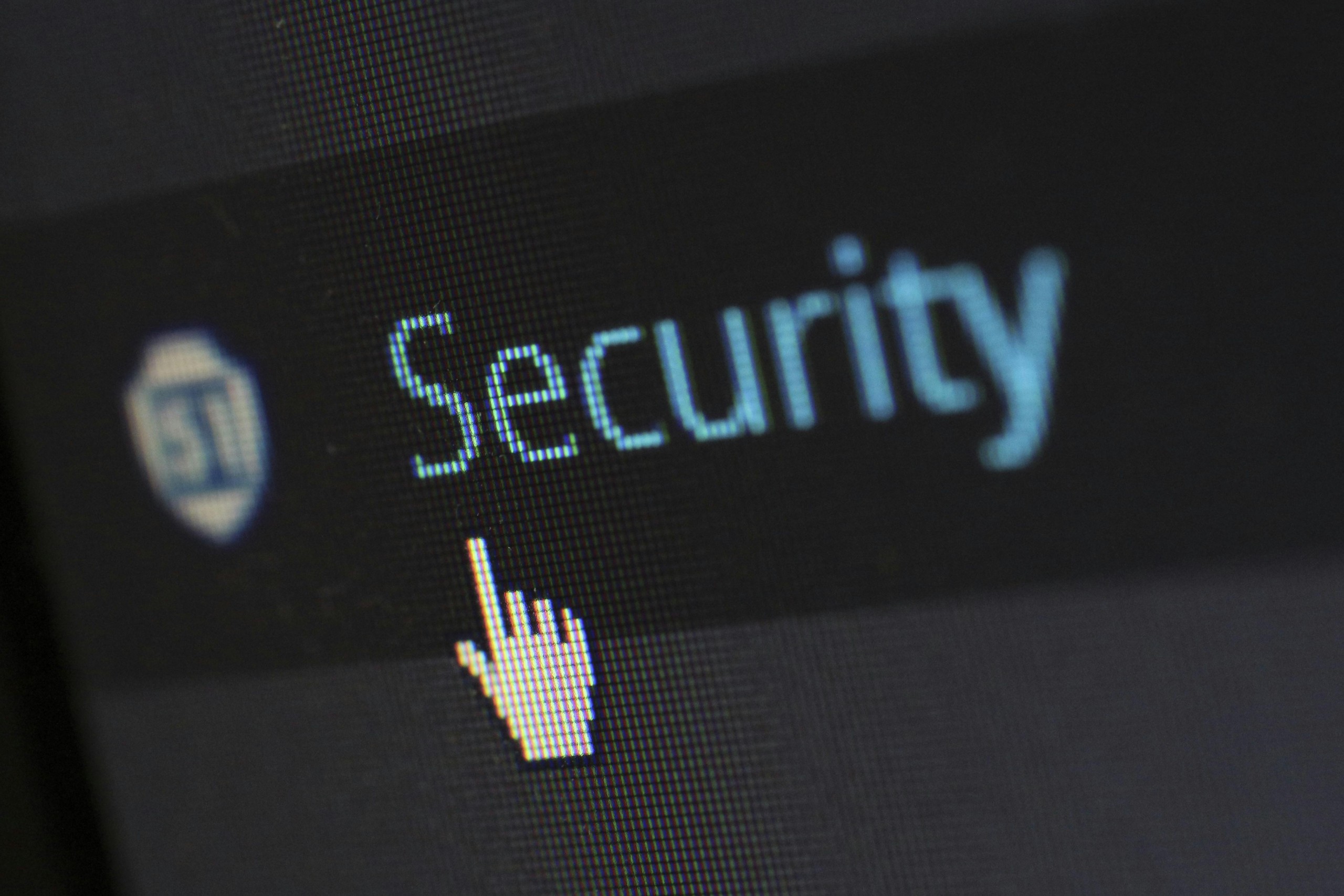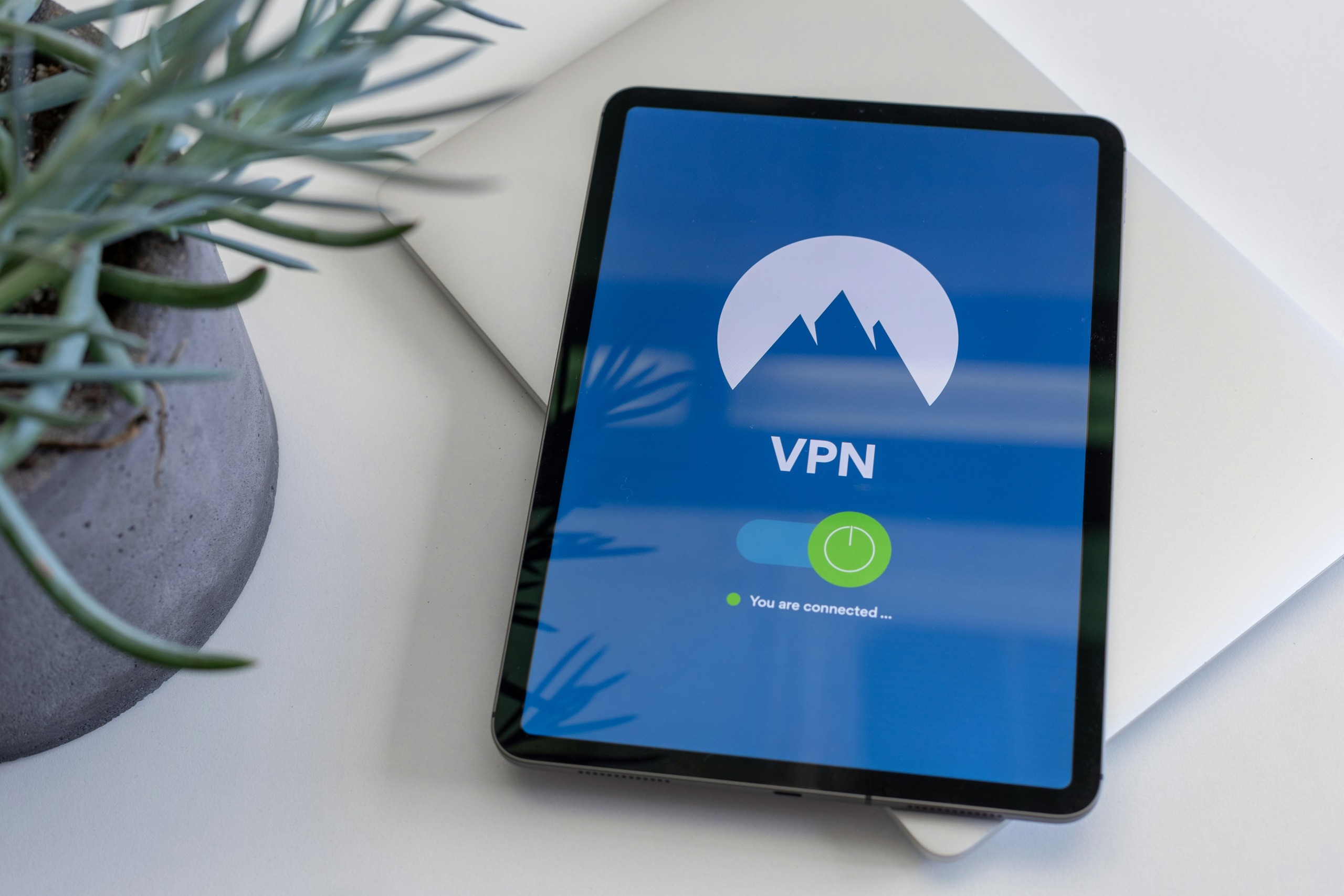In a world where online privacy is becoming increasingly elusive, the virtual private network (VPN) emerges as a digital superhero, donning a cloak of anonymity and wielding the sword of security. Imagine traversing the vast landscape of the internet like a secret agent, your every move masked from prying eyes and potential threats. But what exactly does this enigmatic VPN do, beyond its mysterious façade? Let’s embark on a journey into the depths of cyberspace to unravel the intricate web that VPNs weave, uncovering their true purpose in safeguarding our digital footprint and preserving our right to online freedom. Strap in, dear reader, for we are about to unveil the secrets behind this powerful tool that has become an indispensable armor in our modern-day digital arsenal.
Overview of virtual private networks (VPN)
Virtual private networks (VPNs) have revolutionized the way we think about online privacy and security. By creating a secure connection between your device and a remote server, VPNs encrypt your internet traffic, shielding it from prying eyes. This not only protects your data from potential cyber threats such as hackers or surveillance but also allows you to access region-restricted content.
Furthermore, VPNs offer users the ability to browse the internet anonymously, masking their IP address and online activities from ISPs, advertisers, and other third parties. This added layer of anonymity is particularly appealing for those concerned about their digital footprint or wanting to bypass censorship measures in certain countries. In a world where online privacy is becoming increasingly important, VPNs serve as an essential tool for individuals looking to take control of their personal information and browsing habits.

How VPN encrypts internet connection
When you connect to a VPN, your internet traffic is encrypted using complex algorithms, ensuring that all data exchanged between your device and the VPN server is secure and private. This encryption process converts your information into code that can only be deciphered by the intended recipient, making it virtually impossible for hackers or third parties to intercept or access your online activities. This level of security not only protects sensitive data like passwords and credit card details but also safeguards your browsing history and personal information from being tracked by ISPs or websites.
Furthermore, VPNs use different types of encryption protocols such as OpenVPN, L2TP/IPsec, and IKEv2 to establish a secure connection between your device and the server. These protocols determine how data is transmitted securely over the internet by creating secure tunnels through which your encrypted data flows. Each protocol has its strengths in terms of speed, security, or compatibility with different devices, giving users the flexibility to choose the most suitable option based on their needs. By understanding how VPN encryption works and selecting the appropriate protocol, users can enhance their online privacy and security while enjoying unrestricted access to content across geographically restricted websites.
Bypassing geo-restrictions with VPN
One of the most powerful advantages of using a Virtual Private Network (VPN) is the ability to bypass geo-restrictions. With a VPN, users can appear as if they are browsing the internet from a different location than their actual one, opening up a world of possibilities in terms of accessing content that may be restricted in their region. This means streaming services, websites, and online platforms that are usually inaccessible due to geographical limitations can now be easily accessed with just a few clicks.
By masking your real IP address and replacing it with one from another location, VPNs create an encrypted tunnel through which your data passes safely and anonymously. This not only helps in bypassing geo-restrictions but also adds an extra layer of security to your online activities, protecting you from potential cyber threats like hacking or tracking. Moreover, accessing content from various locations can provide insights into different cultures and perspectives, enriching your online experience beyond just entertainment value.

Enhancing online privacy and security
In an age where our online activities are increasingly vulnerable to threats, enhancing online privacy and security has become paramount. One effective way of safeguarding your digital presence is by utilizing a virtual private network (VPN). By encrypting your internet connection and rerouting it through secure servers, a VPN creates a protective barrier between your device and potential hackers or snoopers.
Moreover, using a VPN not only shields your data from prying eyes but also allows you to access geographically restricted content with ease. Whether you’re traveling abroad or simply looking to bypass censorship restrictions, a VPN opens up a world of possibilities while ensuring your information remains confidential. With cyber attacks on the rise, investing in tools that prioritize online privacy and security is no longer just an option but a necessity in today’s interconnected world.
Protecting data on public Wi-Fi networks
When connecting to a public Wi-Fi network, it’s essential to be cautious with the sensitive information you transmit. Cybercriminals can easily intercept data on open networks, leading to potential identity theft or financial loss. Utilizing a virtual private network (VPN) adds an extra layer of security by encrypting your data and keeping your online activities private.
Additionally, using a VPN on public Wi-Fi networks allows you to access geo-restricted content while maintaining anonymity. This is particularly useful when traveling abroad and wanting to securely browse the web without restrictions. With cyber threats evolving constantly, investing in a reliable VPN service ensures that your data remains safeguarded regardless of the network you’re using.

Business uses of VPNs
Businesses today operate in a highly competitive and fast-paced environment, where data security and privacy are top priorities. Virtual Private Networks (VPNs) offer a secure and encrypted connection for businesses to ensure that their sensitive information remains protected from potential cyber threats. By using VPNs, companies can establish remote access for employees working from various locations, allowing them to securely connect to the organization’s network without compromising on security.
Moreover, VPNs play a crucial role in maintaining confidentiality during online transactions and communications. Businesses dealing with financial transactions or confidential client information can benefit greatly from utilizing VPNs to safeguard their data from unauthorized access. Additionally, VPNs enable companies to bypass geographical restrictions when accessing global markets or international content, enhancing business opportunities by providing unrestricted access to different regions’ online resources and services.
Conclusion: Importance of using a VPN
In conclusion, the importance of using a VPN cannot be overstated in today’s digital landscape. Beyond just safeguarding your online privacy, a VPN serves as a powerful tool for bypassing geo-restrictions and accessing region-locked content. This can be particularly valuable for people traveling abroad or trying to access streaming services from different countries.
Moreover, with cyber threats on the rise, utilizing a VPN is no longer just an option but a necessity. By encrypting your internet connection, a VPN protects your sensitive data from hackers and malicious actors looking to intercept it. This added layer of security ensures that you can browse the web without fear of being compromised or having your personal information stolen. Ultimately, investing in a reliable VPN service is not only about convenience but also about taking proactive steps to safeguard your digital footprint in an increasingly interconnected world.
